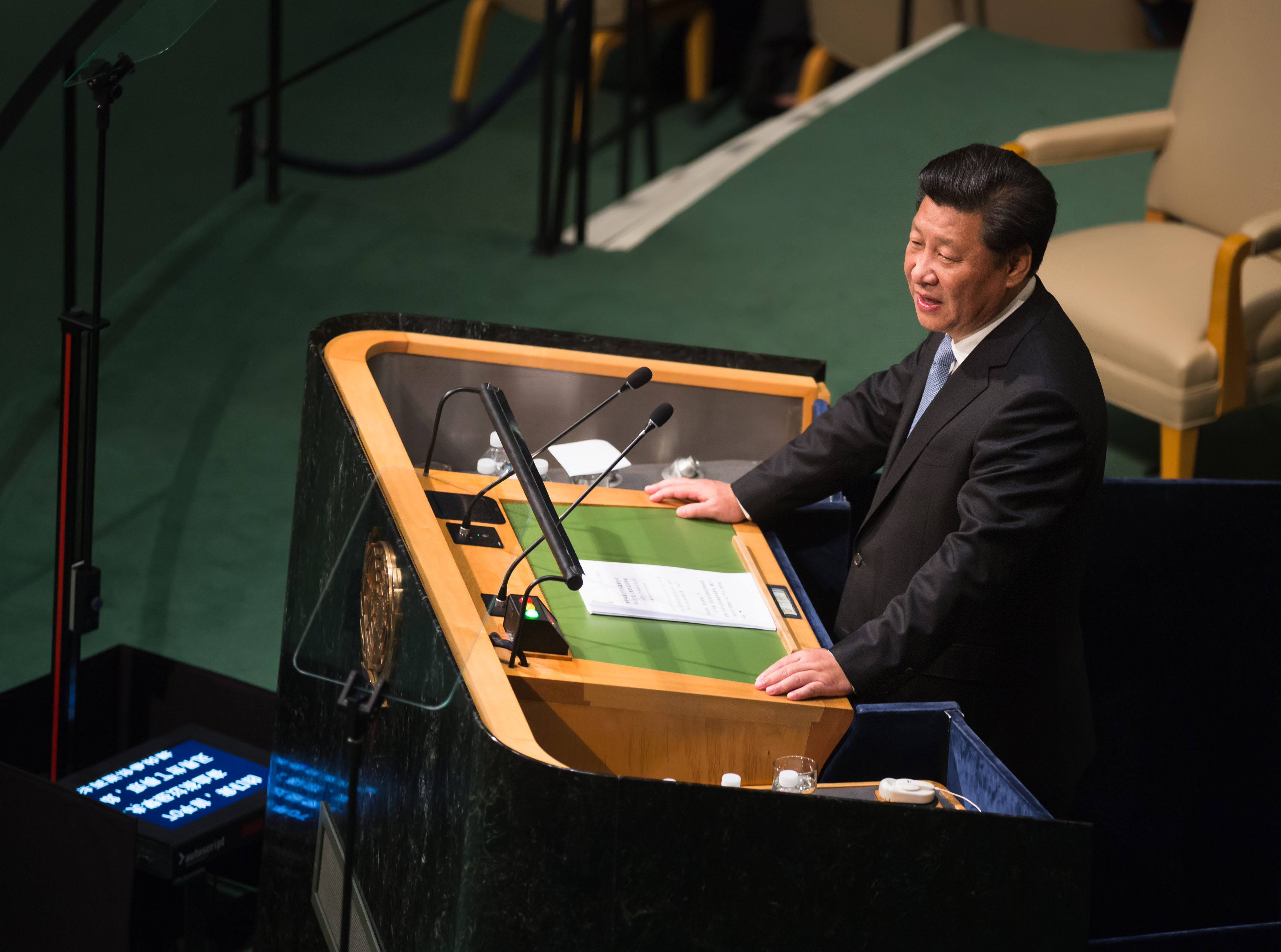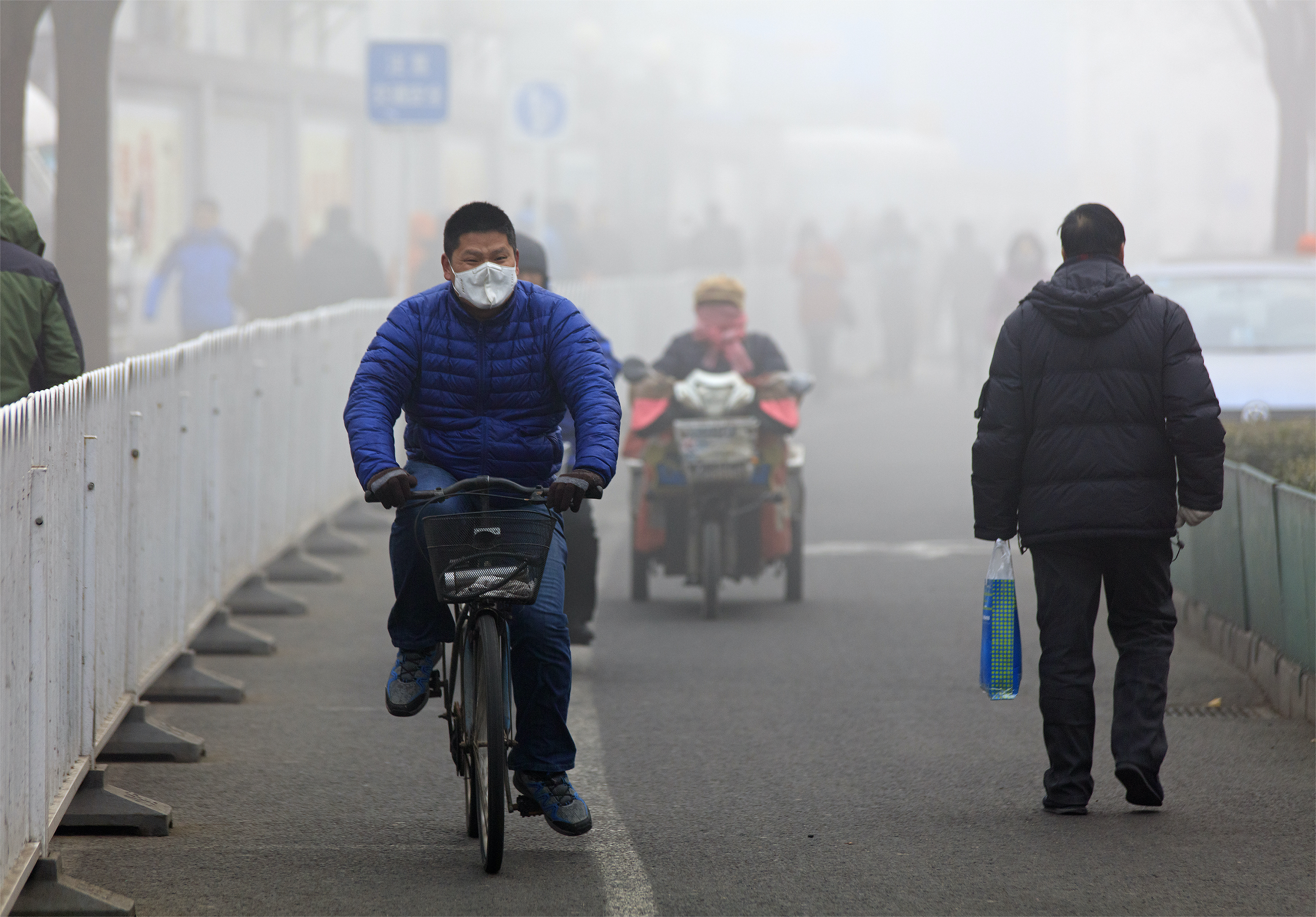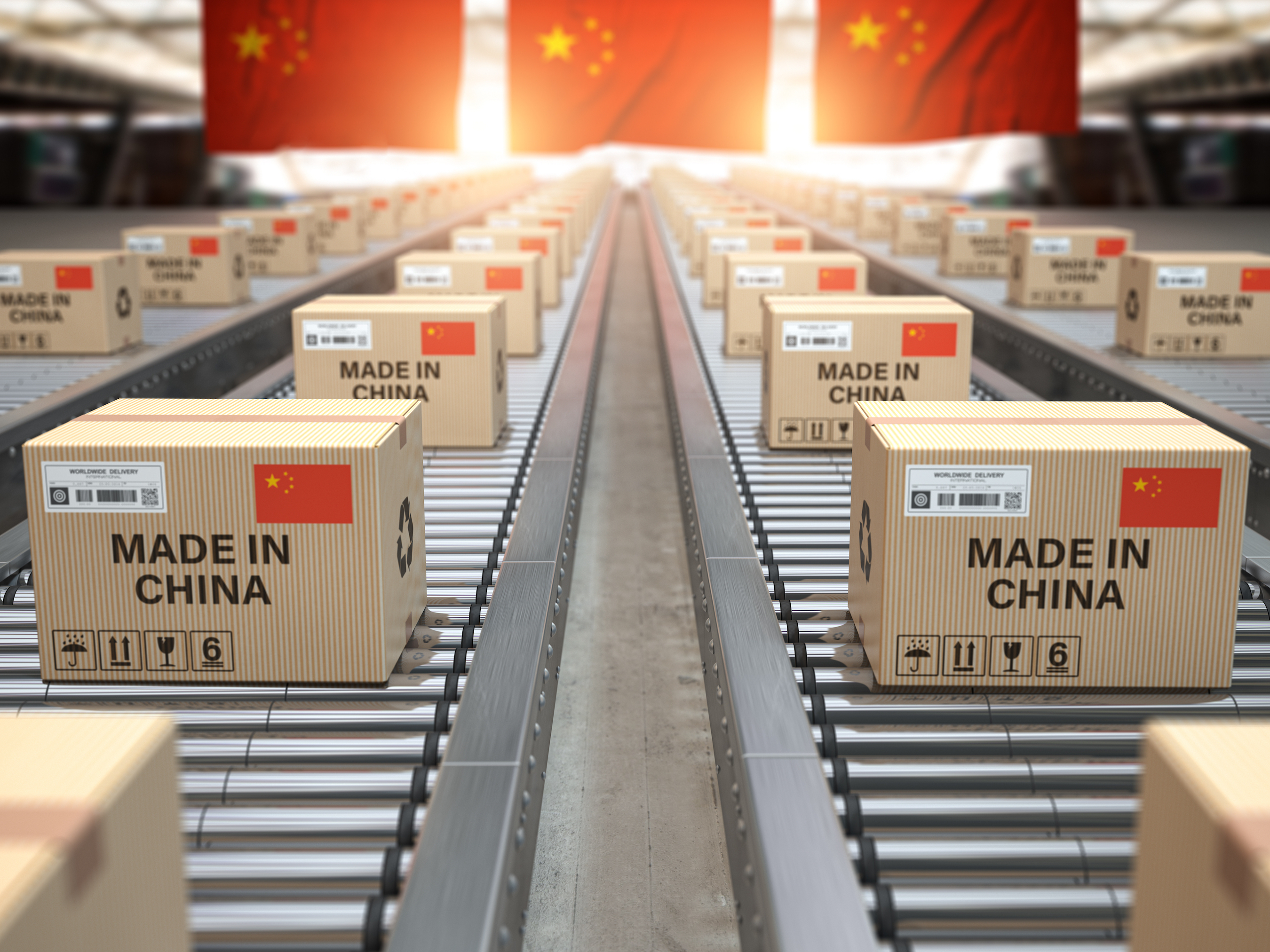A growing China
China's transition from a developing country to a significant global actor is one of the major transformations of our era. As recently as the 1920s, the first President of the Republic claimed China was the poorest and weakest country in the world. I don't think he was right, but that's what he said. According to him, other countries were the carving knife and dish, and China was the fish and the meat to be served.
These remarks stand in stark contrast to comments made by Xi Jinping at the 19th Party Congress in 2017. Speaking as the General Secretary of the Chinese Communist Party, he claimed China had grown strong. He asserted that China has a high status and provides a vision for the world worth considering. For developing countries, China's progress is undoubtedly worthy of emulation.
Much of China’s progress has occurred in the economic realm. If you look at the macroeconomic indicators, they are imposing. Over the last 40 years, China actively opened and reformed, and its growth took off. Now it's the second-largest economy and the largest trading nation in the world. Approximately 150 countries count China as their leading trading partner. Currently, China has the world’s second-largest defence budget. It also likely produces more scientific articles annually than any other country.
This makes its status in the world very different from the past. China's position in the world has dramatically changed.
Leading global governance
Xi Jinping is also a more ambitious leader. He has made a series of statements about China leading the reform of global governance. He's talked about China writing the rules and shaping the global system.
It's not that previous Chinese presidents didn't understand the growing power of their country and the changing nature of the global system. The difference, I believe, is that Xi Jinping has decided to do something about it. As such, he's put forward some alternative prescriptions for how countries should organise their societies.
Xi’s competing model
In the Western world, we view China as an example of authoritarian rule. Xi describes it as a consultative democracy. We believe China does not support the protection of individual human rights. Xi argues that economic development is the primary fundamental human right and that other rights are only likely to be realised after development occurs at a high level.
Overall, the Chinese model argues that economic development, and domestic social stability are needed to prosper. As such, the CCP emphasises the guiding role of a strong state. It leaves aside the idea of an independent civil society. We in the Western world need to think about the implications of this when we try to interpret Chinese speeches, writings, and behaviour.
Negative aspects of China’s growth
The Chinese leadership is less likely to mention, of course, the negative aspects of China’s pathway to power. Indeed, there is a vast domestic surveillance apparatus. China spends more on domestic security than it does on its external security. In other words, social instability is a constant threat as far as the Chinese leadership is concerned. Therefore, it needs to invest a wide range of resources into ensuring that social stability is maintained.
Rapid economic advancement has also had terrible environmental consequences in the country. There is water pollution, soil pollution and air pollution. China is the largest emitter of CO2 gases in the world. However, Chinese citizens are ever more concerned about the pollution apparent in their daily lives. The Chinese government has tried to respond to and deal with these issues. Still, it's not an easy issue to remedy.
Increasing soft power
China has put a great deal of focus on increasing its soft power. It has promoted its language as well as its governance model, all while illuminating the advances it has made. Indeed, statements by the World Bank and others have garnered a great deal of attention. These institutions claim that China has brought some 800 million people out of poverty. That's a notable boost to its soft power.
Yet China faces real limits. The country has found it extraordinarily difficult to build the trust of its neighbours and other states in the system. For instance, public opinion polling worldwide sometimes asks respondents which country they would like to play a leading role in the global system. China does poorly on these sorts of gauges.
I believe that, indeed, there is admiration for what the Chinese have achieved. We should not dismiss those achievements. Nevertheless, I think the costs involved are also apparent to many peoples and states around the world.
China’s role in the United Nations
In recent years, China has decided to become more active within the United Nations. This is a reflection of its economic transformation, particularly over the last 20 years. It has interests and citizens overseas that it wishes to protect. It also hopes to help establish a stable, orderly, global environment.
China is a permanent member of the UN Security Council. Due to this role, it argues that it has special responsibilities and a duty to fulfil those responsibilities. As such, it has promised UN Secretaries-General that it would be more active within the UN environment.
Protecting civilians
The UN developed an agenda that seeks to protect civilians in armed conflict. As such, the organisation believes governments have a responsibility to protect their citizens from mass atrocities. It also established a UN Women, Peace and Security agenda. This reflects the realisation that women suffer egregiously in conflict situations.
These particular initiatives were developed over the 1990s and throughout the 2000s. This was a time when China was playing a more active role. In that sense, China was a part of this UN agenda. Yet, these initiatives represented an idea of sovereignty that was very different from the concept that China prefers.
The Chinese view of sovereignty
China's view of world order revolves around a traditional concept of state sovereignty. According to this view, strong states are required to offer protection and secure the global order. As such, Chinese officials believe that strong and stable states best guarantee human protection.
The problem is that this notion of strong and stable states easily tips over into an authoritarian vision of what a nation should be. According to this view, independent civil society organisations can be a part of these societies, but they have to be guided by the state in question. Similarly, Beijing would argue that development is a foundational human rights from which other human rights might eventually flow. So this is a very different vision from that which the United Nations represents.
The other significant change that's happened in the United Nations is that China has begun to use its veto more frequently. The People's Republic of China joined the United Nations in 1971. Before that, China was represented by the Republic of China; however, the People’s Republic initially rarely took an active stance, and it rarely used its veto.
That's changed, and we've seen China, alongside Russia, use its veto on nine or ten occasions over the last few years. It’s done so mainly with respect to the conflict in Syria, where it's vetoed several resolutions that it viewed as threatening to the government in power. More specifically, it resisted investigatory mechanisms that could lead to the regime in Syria being brought before some form of accountability mechanism. It has also objected to some of the humanitarian access resolutions, gradually reducing the number of access points to Syrian communities in distress.
Overall, China’s become a player in the system, trying to put forward a different vision of what would best produce an orderly global system.


